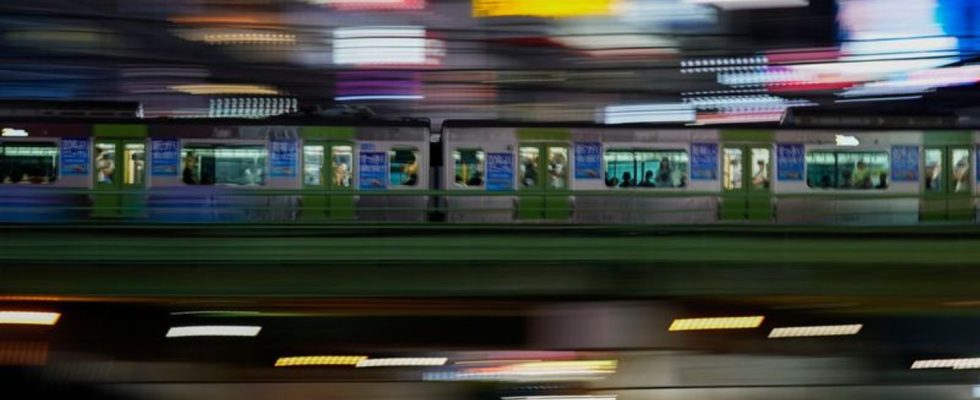Traffic
Delay on Tokyo ring line makes headlines
Normally, 99 percent of the trains in Japan are on time. photo
© Kiichiro Sato/AP
Delays in train journeys in Germany are almost commonplace. In Japan, however, this is always a reason for headlines.
The ring line, which connects the most important commuter hubs and business areas in Tokyo, was able to resume operations around 9:00 a.m. local time. However, the timetable was “significantly affected and commuters were badly affected,” local media reported. “I was supposed to be in the office early but now I can’t make it to a meeting,” a 29-year-old man was quoted as saying. It is not surprising that such an incident makes such headlines, since trains in Japan are 99 percent on time. Other nations can only dream of that.
Japan’s Shinkansen bullet train, the pride of the nation, is also famous for its punctuality. Except in the case of natural disasters, there are hardly any delays here either. However, if there are delays of less than a minute, this leads to repeated apologies. In 2017, a train company was forced to apologize because a Tokyo suburban train had not left too late, but too early: by 20 seconds. Nobody had complained at all.

